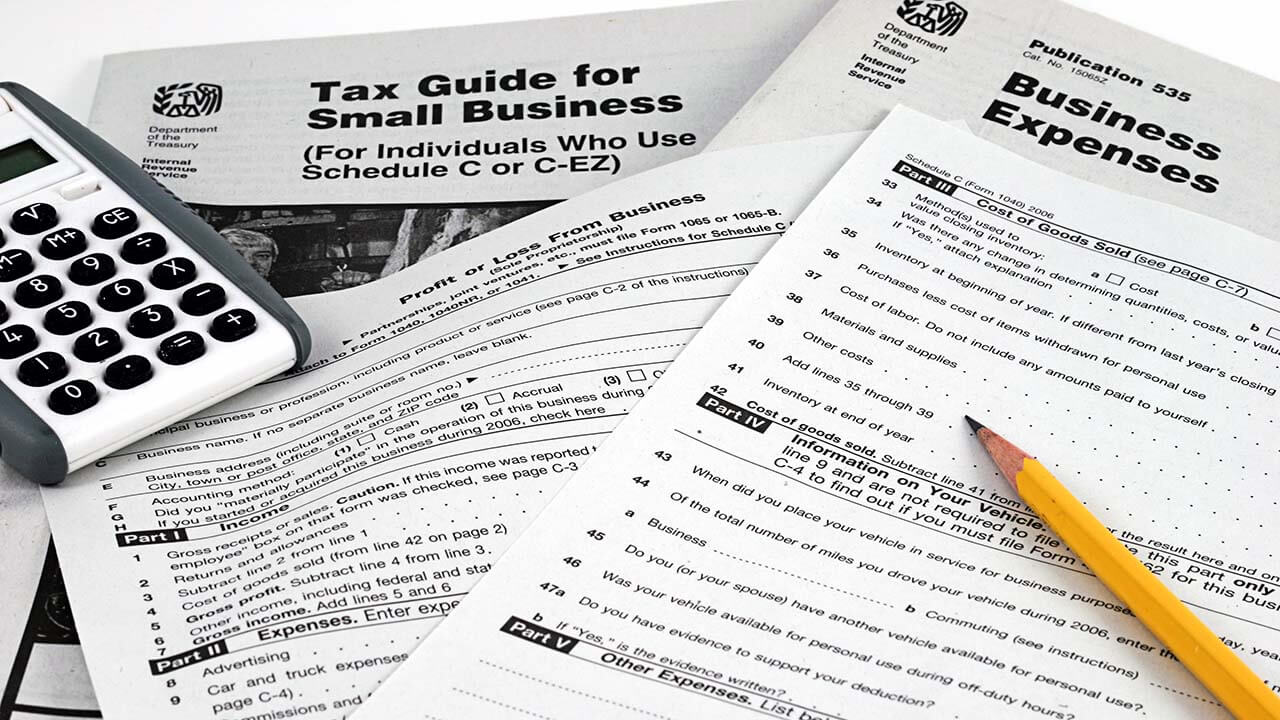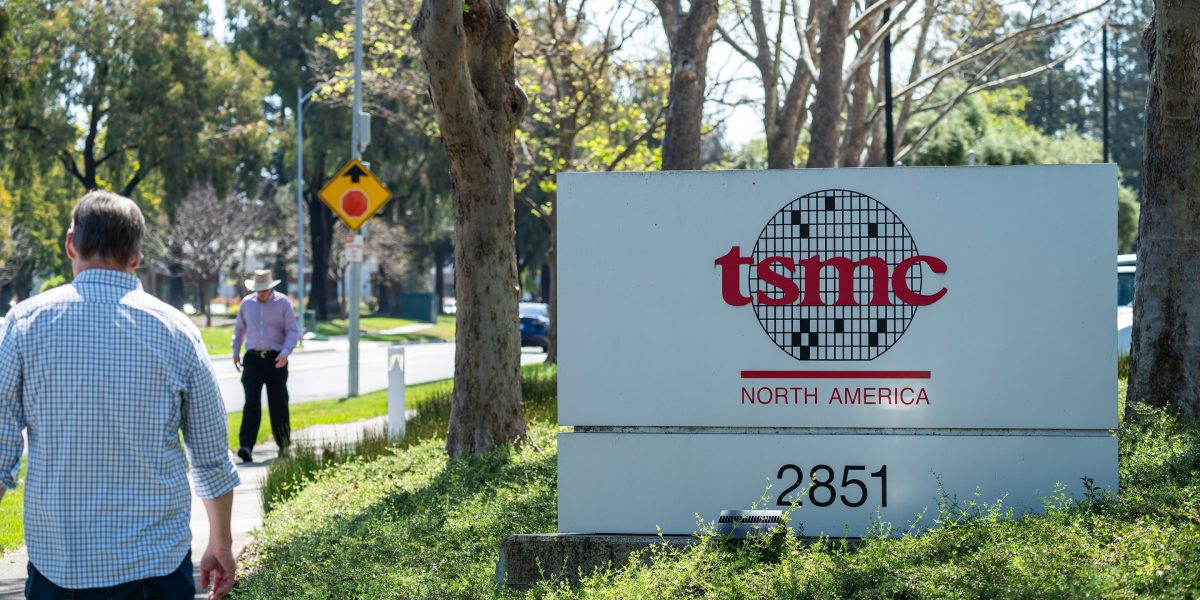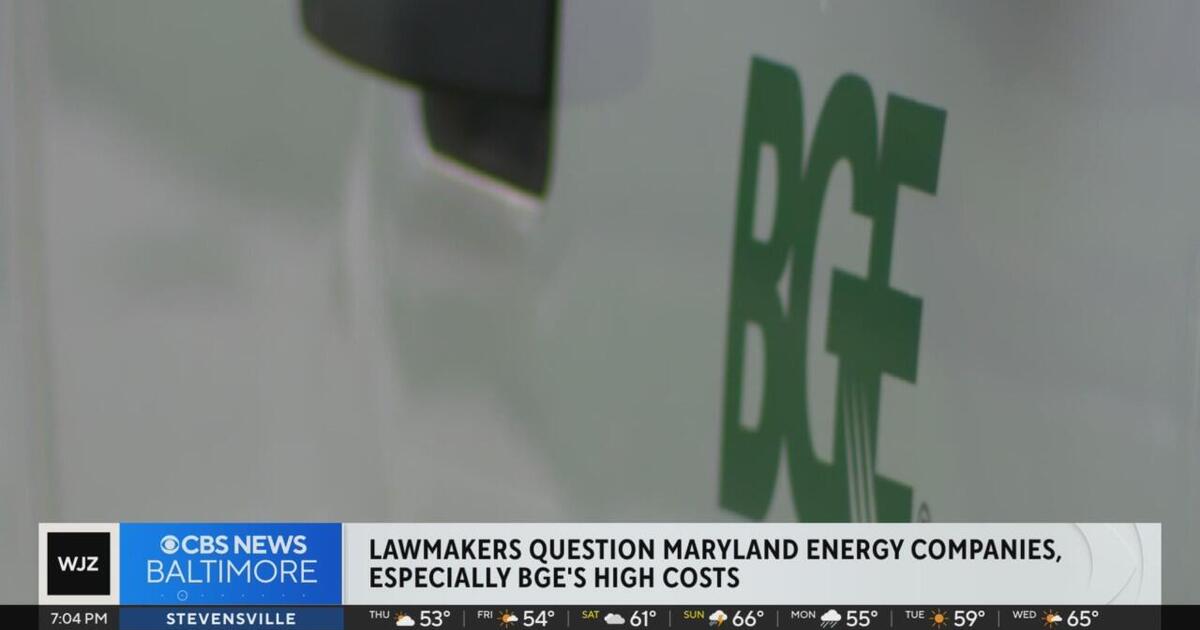Cannabis Tax Nightmare: Why 280E is Crushing Small Marijuana Businesses
Companies
2025-03-14 10:30:48Content

The persistent challenge of Section 280E continues to undermine the legal cannabis industry's potential, creating an unintended consequence that paradoxically drives businesses back to the shadows of the illicit market. This tax provision, originally designed to prevent drug traffickers from claiming standard business deductions, has become a significant barrier for legitimate cannabis enterprises seeking financial stability and growth.
By imposing punitive tax restrictions that prevent legal cannabis businesses from deducting typical operational expenses, 280E effectively makes profitability nearly impossible. The result is a perverse economic incentive that pushes entrepreneurs and existing operators to consider underground alternatives. Legitimate businesses find themselves struggling under an tax burden so extreme that returning to the unregulated market becomes an increasingly attractive option.
The irony is stark: a law intended to discourage illegal drug trade is instead creating economic conditions that may inadvertently sustain and even encourage the very black market it seeks to eliminate. As legal cannabis businesses grapple with these challenging financial constraints, the unintended consequences of 280E continue to undermine the industry's potential for transparent, regulated growth.
Unraveling the Cannabis Tax Conundrum: How 280E Fuels Underground Markets and Stifles Legal Business Growth
The cannabis industry stands at a critical crossroads, grappling with a complex regulatory landscape that threatens to undermine its legitimate economic potential. As entrepreneurs and investors navigate the treacherous waters of federal taxation, a single provision continues to cast a long shadow over the industry's aspirations for sustainable growth and mainstream acceptance.Breaking Barriers: The Hidden Economic Warfare Against Legal Cannabis Enterprises
The Regulatory Stranglehold of Section 280E
The Internal Revenue Code's Section 280E represents a profound challenge for legal cannabis businesses, creating a punitive tax environment that fundamentally undermines operational sustainability. Unlike traditional businesses, cannabis enterprises are denied standard tax deductions, forcing them to pay taxes on gross income rather than net profits. This draconian approach effectively transforms taxation into a mechanism of economic suppression, pushing many legitimate operators to the financial brink. The economic implications are far-reaching and devastating. Small and medium-sized cannabis businesses find themselves trapped in a regulatory nightmare where tax burdens can consume up to 70% of their gross revenue. This extraordinary tax pressure creates an almost insurmountable barrier to profitability, driving many entrepreneurs to seek alternative strategies for survival.Underground Markets: The Unintended Consequence of Punitive Taxation
Paradoxically, the stringent tax regulations designed to discourage cannabis commerce are achieving precisely the opposite effect. By making legal operations financially unsustainable, these policies inadvertently incentivize the continuation of illicit market activities. Entrepreneurs and consumers alike find themselves drawn to underground networks where traditional tax constraints do not apply. The underground cannabis market represents a complex ecosystem of economic resilience. Where legal businesses struggle under regulatory constraints, informal markets demonstrate remarkable adaptability. This underground economy not only circumvents excessive taxation but also provides more competitive pricing and diverse product offerings.Economic and Social Implications of Continued Regulatory Dysfunction
The current taxation framework represents more than a mere financial challenge; it embodies a systemic failure to integrate cannabis into the legitimate economic landscape. By creating insurmountable barriers to entry, these regulations effectively prevent the emergence of a robust, transparent, and accountable cannabis industry. Moreover, the continued marginalization of legal cannabis enterprises perpetuates broader social inequities. Communities that have historically been disproportionately impacted by cannabis criminalization find themselves further disadvantaged by a regulatory environment that seems designed to prevent economic empowerment.Potential Pathways for Reform
Meaningful change requires a comprehensive reimagining of cannabis taxation. Policymakers must recognize that punitive approaches ultimately undermine the very objectives of regulation. A more nuanced framework would balance legitimate governmental concerns with the need to foster a competitive, transparent, and economically viable cannabis sector. Potential reforms could include graduated tax structures that provide relief for smaller operators, targeted deductions for compliance and social equity initiatives, and a more holistic approach to understanding cannabis as a legitimate economic sector. Such changes would not only support existing businesses but also create pathways for responsible market expansion.The Global Context of Cannabis Regulation
Internationally, jurisdictions are increasingly adopting more progressive approaches to cannabis taxation. By studying these models, the United States could develop more sophisticated regulatory frameworks that balance revenue generation with industry sustainability. Countries like Canada and Uruguay offer valuable insights into creating more balanced and economically supportive cannabis policies. The ongoing evolution of cannabis regulation represents a critical intersection of economic policy, social justice, and market innovation. As the industry continues to mature, the ability to create flexible, responsive regulatory environments will become increasingly important.RELATED NEWS
Companies

AI Revolution: How Businesses Are Slashing HR Workload with Smart Onboarding Tech
2025-03-12 19:16:10
Companies

Flood Fallout: North Texas Restoration Crews Gear Up for Massive Weekend Cleanup
2025-02-22 03:08:50
Companies

Rocket Companies Soars: Deutsche Bank's Bullish Bet Sparks $9.4B Deal Excitement
2025-04-02 18:50:49





